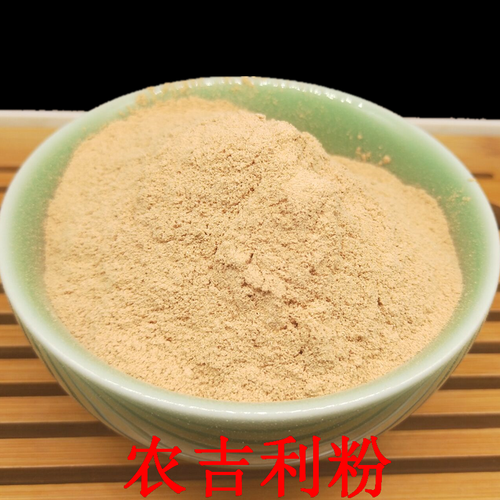Product Overview
Parts used: Dried fleshly scale leaves of the bulb
TCM category: Tonic herbs for Yin Deficiency
TCM nature: Cold
TCM taste(s): Sweet
Meridian affinity: Heart Lung
Scientific name: Lilium lancifolium, Lilium brownii or Lilium pumpilum
Use of lily bulbs (Bai He) in TCM
Please note that you should never self-prescribe TCM ingredients. A TCM ingredient is almost never eaten on its own but as part of a formula containing several ingredients that act together. Please consult a professional TCM practitionner, they will be best able to guide you.
Preparation: Wash the bulb, strip its leaves, boil them quickly in water, dry them.
Dosage: 6 to 12g.
Main actions according to TCM*: Clears Heat and stops cough due to either Lung Yin Deficiency or Lung-Heat. Clears Heat from the Heart and calms the Spirit (Shen).
Primary conditions or symptoms for which lily bulbs may be prescribed by TCM doctors*: Whooping cough Sputum Palpitations Restlessness Insomnia Bronchitis Pneumonia
Contraindications*: Should not be used by those with Wind-Cold conditions when there is Phlegm, nor should it be used when there is Spleen Deficiency with diarrhea.
Common TCM formulas in which lily bulbs are used*:
For Lung and Kidney Yin Deficiency associated with chronic bronchitis, asthma or chronic pharyngitis combine lily bulbs with prepared rehmannia (Shu Di huang), unprepared rehmannia (Di Huang), dwarf lilyturf roots (Mai Dong), white peony roots (Bai Shao), dong quai (Dang Gui), ningpo figwort roots (Xuan Shen), platycodon roots (Jie Geng), fritillary bulbs (Chuan Bei Mu) and liquorice (Gan Cao).
For irritability, restlessness, nervous anxiety and insomnia combine lily bulbs with lotus seeds (Lian Zi), glehnia roots (Bei Sha Shen), jujube seeds (Suan Zao Ren), biota seeds (Bo Zi Ren) and poria-cocos mushrooms (Fu Ling).
For lung abscesses combine lily bulbs with snow ear mushrooms (Bai Mu Er) and glehnia roots (Bei Sha Shen).
For Yin deficiency with dry cough and bloody sputum combine lily bulbs with coltsfoot flowers (Kuan Dong Hua).
For mild cases of insomnia and anxiety combine lily bulbs with longans (Long Yan Rou).
Key TCM concepts behind lily bulbs (Bai He)'s properties
In Traditional Chinese Medicine (TCM), lily bulbs are plants that belong to the 'Tonic herbs for Yin Deficiency' category. Tonic herbs are used for patterns of Deficiency, when one lacks one of the 'Four Treasures' (Qi, Blood, Yin and Yang). Yin tonics have a heavy, moist nature. They either nourish the Kidneys and Liver or moisten the Lungs and Stomach. Extreme Yin Deficiency often translates into a 'burn-out', unfortunately more and more common among people today. It is worth mentioning that another great remedy against Yin Deficiency is a lot of rest and sleep; no herb will ever be able to replace this!
Furthermore lily bulbs are plants that are Cold in nature. This means that lily bulbs typically help people who have too much "heat" in their body. Balance between Yin and Yang is a key health concept in TCM. Those who have too much heat in their body are said to either have a Yang excess (because Yang is Hot in nature) or a Yin deficiency (Yin is Cold in Nature). Depending on your condition lily bulbs can help restore a harmonious balance between Yin and Yang.
Lily bulbs also taste Sweet. The so-called "five elements" theory in Chinese Medicine states that the taste of TCM ingredients is a key determinant of their action in the body. Sweet ingredients like lily bulbs tend to slow down acute reactions and detoxify the body. They also have a tonic effect because they replenish Qi and Blood.
The tastes of ingredients in TCM also determine what organs and meridians they target. As such lily bulbs are thought to target the Heart and the Lung. In addition to regulating blood flow, in TCM the Heart is believed to be the store of the "spirit" which basically refers to someone's vitality. In addition to performing respiration, the Lungs are thought to be a key part of the production chain for Qi and the body fluids that nourish the body.
Use of lily bulbs (Bai He) as food
Lily bulbs are also eaten as food. It is used as an ingredient in dishes such as Stir-fried lily bulb and celery.









